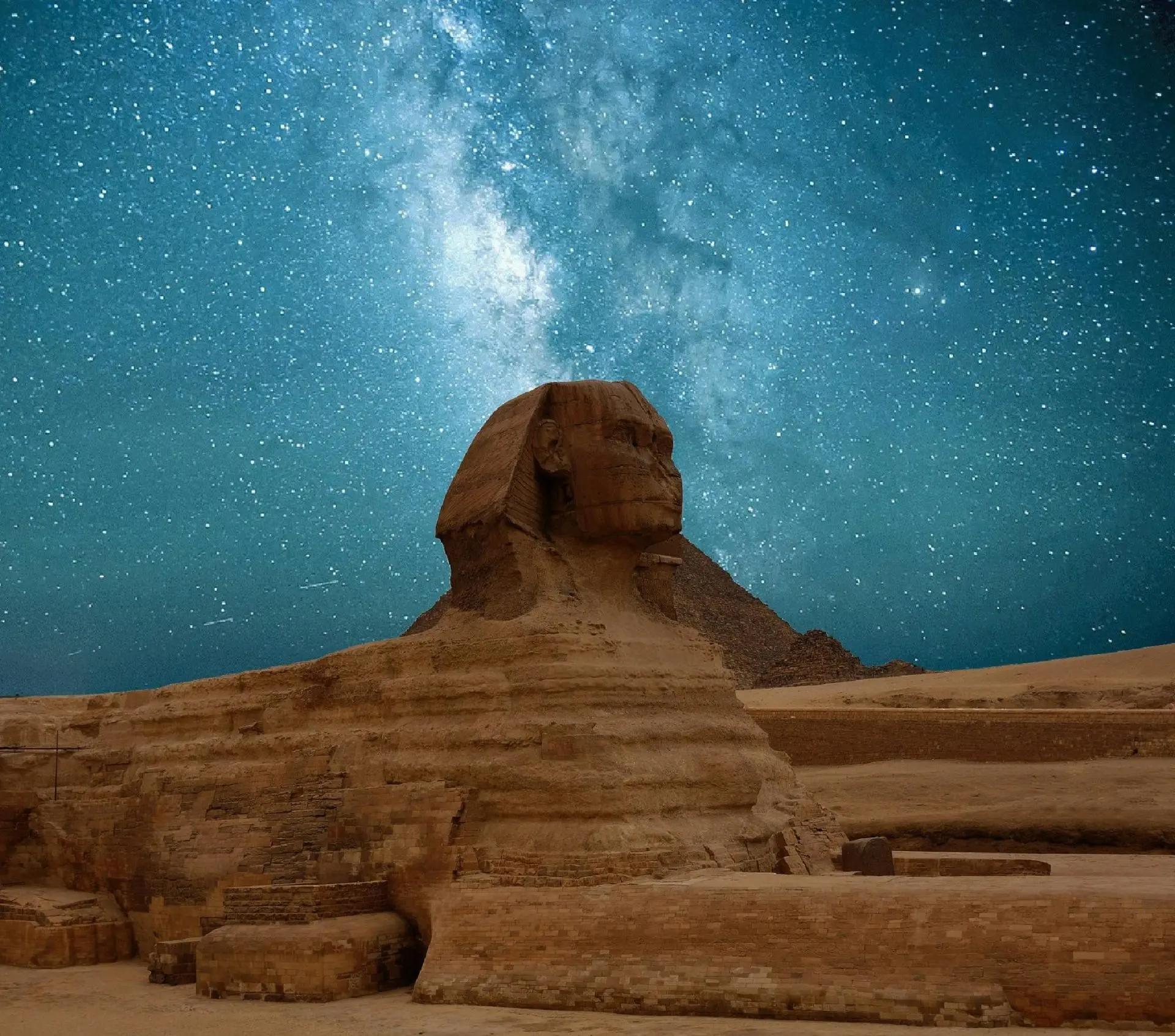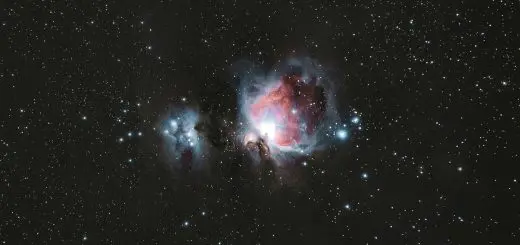The Pentagram: Occult Symbolism and Uses

Looking for more amazing products? Check out our online store and explore our collection here! Happy shopping!
Before diving in, please note: This post is for informational purposes only. If you’d like to know more about how we approach topics, feel free to check out our friendly Disclaimer Page.
Hey there, amazing readers! 
We’re committed to delivering quality posts, and your support (even just sticking around despite the ads) means everything to us. So, bear with us, and thanks for helping us keep the good vibes rolling. Now, on to the fun stuff!
TRANSLATE BUTTON AT THE END OF THE ARTICLE
A Quick Introduction
The pentagram, a five-pointed star encased in a circle, has long intrigued and captivated individuals due to its mystique and occult connotations.
This symbol holds a myriad of meanings and uses across various esoteric traditions and practices.
From ancient civilizations to modern occultists, the pentagram continues to be a powerful and enigmatic symbol.
In this article, we will delve into the historical origins, occult symbolism, common uses, protective properties, and ritualistic significance of the pentagram.
Whether you are a seasoned practitioner or simply curious about the world of the occult, this exploration of the pentagram will provide valuable insights into its rich tapestry of meanings and applications.
The Pentagram: An Overview
The pentagram, also known as the pentacle, is a five-pointed star that has been imbued with symbolism and significance throughout history.
Each point of the star represents the elements of earth, air, fire, water, and spirit, making it a potent symbol of balance and interconnectedness.
The circle surrounding the pentagram is said to represent the eternal cycle of life, death, and rebirth.
This geometric figure has been used in various spiritual practices, including magic, alchemy, and divination, as a tool for invoking energies and manifesting intentions.
Historical Origins and Meaning
The origins of the pentagram can be traced back to ancient civilizations such as Mesopotamia, where it was used as a symbol of protection and as a representation of the goddess Ishtar.
In Ancient Greece, the pentagram was associated with the goddess Venus and was seen as a symbol of beauty and harmony.
The Pythagoreans, a mystical sect from ancient Greece, also revered the pentagram for its mathematical and philosophical significance.
Later on, the pentagram became intertwined with Christian symbolism, representing the five wounds of Christ and serving as a protective amulet against evil.
Occult Symbolism of the Pentagram
In occult traditions, the pentagram is often used as a symbol of protection, spiritual growth, and the balance of elemental forces.
Each point of the star corresponds to a different element, with the top point representing spirit or ether.
When the pentagram is upright, it is believed to channel positive energy and divine protection.
However, when inverted, the pentagram can symbolize darker forces, rebellion, or the descent into the material world.
The pentagram is also associated with various mystical concepts such as the microcosm and the macrocosm, the pentacle of Solomon, and the five senses.
Common Uses in Occult Practices
Practitioners of the occult often use the pentagram in rituals, spells, and ceremonial magic to invoke specific energies or entities.
The pentagram can be drawn in the air or on objects to create a sacred space, ward off negative influences, or amplify intentions.
In ceremonial magic, the pentagram is used to summon elemental spirits or to align with specific planetary energies.
The pentagram can also be worn as an amulet or talisman for protection, guidance, or empowerment.
Its versatility and symbolism make it a staple in various occult traditions and practices.
Differences Between Inverted and Upright Pentagrams
The orientation of the pentagram, whether upright or inverted, carries different meanings and energies in occult symbolism.
An upright pentagram is often associated with positive attributes such as protection, balance, harmony, and spiritual growth.
It is seen as a symbol of divine order and alignment with the higher self.
In contrast, an inverted pentagram is sometimes viewed as a symbol of rebellion, chaos, or the darker aspects of the self.
It can also represent the material world dominating over the spiritual or the inversion of traditional values.
Understanding the nuances of these orientations is crucial in interpreting the pentagram’s symbolism accurately.
The Pentagram in Modern Culture
In modern culture, the pentagram has become a ubiquitous symbol that is often associated with witchcraft, paganism, and the occult.
Understand the Powerful Law of Karma and Its Impact – Explore Here!
It can be found in popular media, fashion, and art as a potent and visually striking emblem.
The pentagram’s mysterious allure has captured the imagination of many, leading to its incorporation in various subcultures and belief systems.
While some may view the pentagram with suspicion or fear due to its occult associations, others embrace it as a symbol of empowerment, connection to nature, and spiritual exploration.
Its presence in modern culture reflects a continuing fascination with esoteric knowledge and alternative spiritual paths.
Protective and Ritualistic Uses
One of the most common uses of the pentagram in occult practices is for protection and warding off negative energies.
By drawing or visualizing a pentagram, practitioners can create a shield of spiritual energy around themselves or a sacred space.
The pentagram is believed to act as a barrier against malevolent forces, psychic attacks, and unwanted influences.
In ritual magic, the pentagram is often used as a tool for invoking elemental energies, consecrating objects, or casting circles.
Its geometric form and symbolic associations make it a powerful instrument for focusing intention and harnessing spiritual energies.
Pentagram in Wiccan and Pagan Traditions
Within Wiccan and pagan traditions, the pentagram holds special significance as a symbol of the elements, the divine, and the interconnectedness of all things.
It is commonly used in rituals, ceremonies, and spellwork to invoke elemental energies, call upon deities, and amplify magical intentions.
The pentagram is often inscribed on tools such as athames, chalices, and wands to consecrate them for ritual use.
In Wiccan practices, the pentagram is associated with the five points of the Wiccan Rede: “An it harm none, do what ye will.” This ethical guideline underscores the importance of acting in harmony with nature and the greater good.
How to Draw a Pentagram
Drawing a pentagram may seem like a simple task, but there are specific steps and considerations to keep in mind to ensure its accuracy and efficacy in magical practices.
To draw an upright pentagram, start by envisioning the five points of the star in sequence: spirit, fire, water, air, and earth.
Begin at the top and draw a line down to the lower left point, then continue to the upper right, lower right, and upper left points, finally returning to the starting point.
Each stroke should be deliberate and focused, connecting the points to form a harmonious whole.
Practice drawing the pentagram in various sizes and orientations to familiarize yourself with its symbolism and energy.
Misconceptions and Controversies
Despite its long history and multifaceted symbolism, the pentagram has often been misunderstood and misrepresented in popular culture and media.
It is frequently associated with negative connotations such as Satanism, black magic, or evil rituals, leading to misconceptions about its true meaning and uses.
In reality, the pentagram is a neutral symbol that can be interpreted in different ways depending on the context and intention of the practitioner.
It is essential to approach the pentagram with an open mind and a willingness to explore its complexities beyond superficial stereotypes and sensationalized portrayals.
The Pentagram in Tarot and Astrology
In tarot and astrology, the pentagram plays a significant role as a symbol of material wealth, earthly manifestations, and grounding energies.
In tarot decks, the pentacle suit represents the element of earth and is associated with practical matters, abundance, and the physical realm.
Each card in the pentacle suit embodies themes of prosperity, security, and tangible achievements.
In astrology, the pentagram is linked to the planet Venus, which rules over love, beauty, and creativity.
The pentagram’s association with Venus adds a touch of elegance, harmony, and sensuality to its symbolism, highlighting the interconnectedness of spiritual and material realms.
Incorporating the Pentagram in Spellwork
For those interested in harnessing the power of the pentagram in spellwork, there are numerous ways to incorporate this symbol into magical practices.
Whether you are casting spells for protection, healing, love, or abundance, the pentagram can serve as a focal point for directing energy and intention.
You can inscribe the pentagram on candles, talismans, or ritual tools to imbue them with specific energies.
Meditating on the pentagram can also help you attune to its elemental forces and align with the natural rhythms of the universe.
By creatively integrating the pentagram into your spellwork, you can enhance the potency and effectiveness of your magical intentions.
Conclusion
The pentagram, with its rich history, occult symbolism, and diverse uses, remains a potent and versatile symbol in the world of the occult.
From its ancient origins to its modern interpretations, the pentagram continues to fascinate and inspire individuals seeking to deepen their spiritual practices and explore hidden realms of knowledge.
By understanding the nuances of the pentagram’s meanings, orientations, and applications, practitioners can unlock its full potential as a tool for protection, manifestation, and spiritual growth.
Whether you are drawn to the pentagram for its mystique, aesthetic appeal, or symbolic resonance, this enigmatic symbol invites you to delve deeper into the mysteries of the unseen and the interconnectedness of all things.

The Enlightenment Journey is a remarkable collection of writings authored by a distinguished group of experts in the fields of spirituality, new age, and esoteric knowledge.
This anthology features a diverse assembly of well-experienced authors who bring their profound insights and credible perspectives to the forefront.
Release the Weight of Karma and Embrace Freedom – begin here.
Each contributor possesses a wealth of knowledge and wisdom, making them authorities in their respective domains.
Together, they offer readers a transformative journey into the realms of spiritual growth, self-discovery, and esoteric enlightenment.
The Enlightenment Journey is a testament to the collective expertise of these luminaries, providing readers with a rich tapestry of ideas and information to illuminate their spiritual path.
Our Diverse Expertise
While our primary focus is on spirituality and esotericism, we are equally passionate about exploring a wide range of other topics and niches 

To ensure we provide the most accurate and valuable insights, we collaborate with trusted experts in their respective domains 
Our blog originally focused on spirituality and metaphysics, but we’ve since expanded to cover a wide range of niches. Don’t worry—we continue to publish a lot of articles on spirituality! Frequently visit our blog to explore our diverse content and stay tuned for more insightful reads.
Hey there, amazing reader! 
Check out our store here and take a peek at some of our featured products below! Thanks for being awesome!












